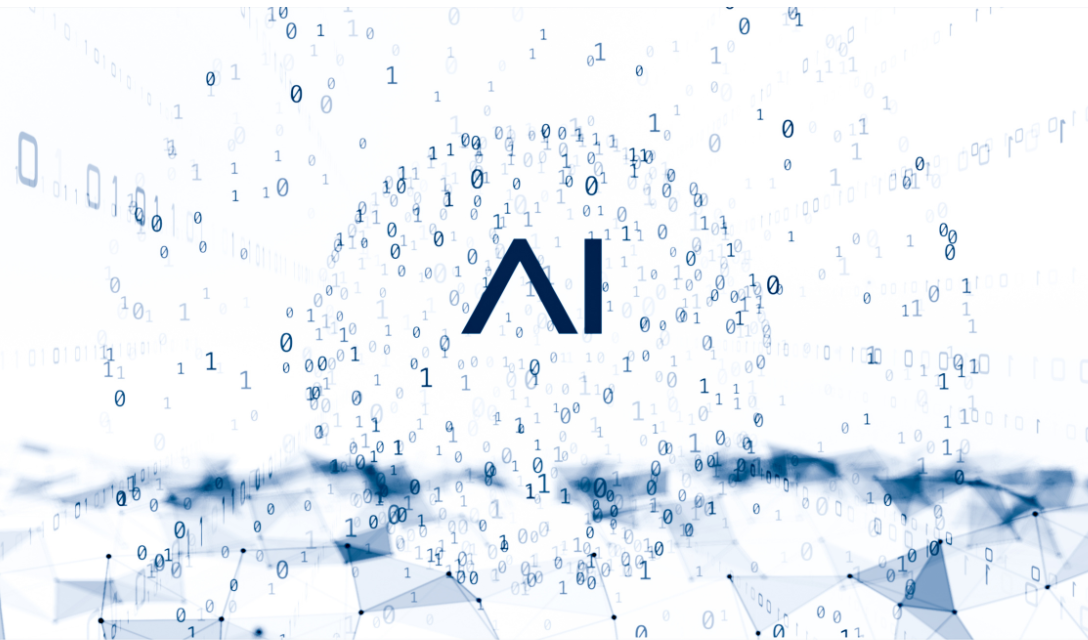In today’s fast-paced business world, having a solid AI strategy isn't just an option; it’s a necessity. According to a study by McKinsey, companies that leverage AI are 1.4 times more likely to see a profit increase of over 10% compared to those that don't. With 35 years of experience in emerging technology, AI, and business strategy, I’ve seen firsthand how crucial it is for businesses to adapt and evolve. One effective way to ensure your company stays ahead of the curve is by bringing in a Chief AI Officer (CAIO). This role can be pivotal in navigating the complexities of AI and positioning your business for long-term success.
Stage 1: Education and Understanding AI
The journey begins with education. It’s essential for everyone in the organization, from the top executives to the frontline employees, to have a basic understanding of AI technology and its potential. This doesn’t mean turning everyone into data scientists, but rather fostering a culture where AI is understood and embraced. According to PwC, 67% of executives believe AI will help humans and machines work together to be stronger than the sum of their parts. Workshops, seminars, and continuous learning programs can help make AI concepts accessible and practical.
As someone who has spent decades in this field, I can attest to the transformative power of education. When employees understand AI, they’re more likely to support its integration into their workflows, seeing it as a tool rather than a threat.
Stage 2: Building Policies for AI Integration
Once the groundwork of understanding is laid, the next step is to establish robust policies around AI use. This includes addressing key issues such as data security, privacy, and ethical use. It’s vital to ensure that AI systems are secure and that the data they use is handled responsibly. Policies should also cover the prevention of AI hallucinations – situations where AI systems produce incorrect or nonsensical outputs.
A report from Accenture highlights that 62% of companies are putting policies in place to manage AI risks. Ethical behavior is another critical area. AI should be used in ways that are fair and transparent, avoiding biases and ensuring that its implementation aligns with the company’s values. A CAIO can help craft these policies, drawing on their expertise to create a framework that supports safe and effective AI use.
Stage 3: AI for Automation and Efficient Workflows
With policies in place, the next focus is on leveraging AI for automation. AI can streamline various business processes, making them faster and more efficient. From customer service to supply chain management, AI-powered automation can handle repetitive tasks, freeing up human employees to focus on more complex and creative work.
For example, AI chatbots can handle routine customer inquiries, while AI-driven analytics can provide insights into market trends, helping businesses make informed decisions quickly. According to Deloitte, 53% of organizations have already started their AI adoption journey to improve their business processes. This stage is about enhancing productivity and ensuring that your workforce can operate at its highest potential.
Stage 4: AI as an Augmenting Factor
The final stage is using AI to augment your staff. This is not about replacing people but rather empowering them with AI tools that enhance their capabilities. AI can provide valuable insights, support decision-making, and assist in complex problem-solving.
Imagine a sales team equipped with AI tools that analyze customer data and predict the best leads to follow up on. Or consider a marketing department using AI to personalize campaigns and improve engagement. In these scenarios, AI acts as a powerful assistant, helping employees work smarter and achieve better results. Gartner predicts that by 2025, AI will boost employee productivity by 40%, demonstrating the potential impact of AI augmentation.
Conclusion
Incorporating a full time (or even fractional) Chief AI Officer into your business can significantly impact your AI strategy's success. From educating your team and establishing critical policies to automating workflows and augmenting staff capabilities, a CAIO brings the expertise needed to navigate these stages effectively. With the right approach, AI can become a powerful ally in driving your business forward, ensuring you stay competitive in an ever-changing landscape.
At StarSevenSix, we understand the transformative power of artificial intelligence and how it can drive your business forward. Our Fractional Chief AI Officer (CAIO) Services provide expert guidance and strategic insight, helping you integrate AI into your operations seamlessly. Whether you’re a startup, a medium-sized enterprise, or a large corporation, our tailored CAIO services are designed to meet your unique needs and ensure you stay competitive in today’s fast-paced market.

